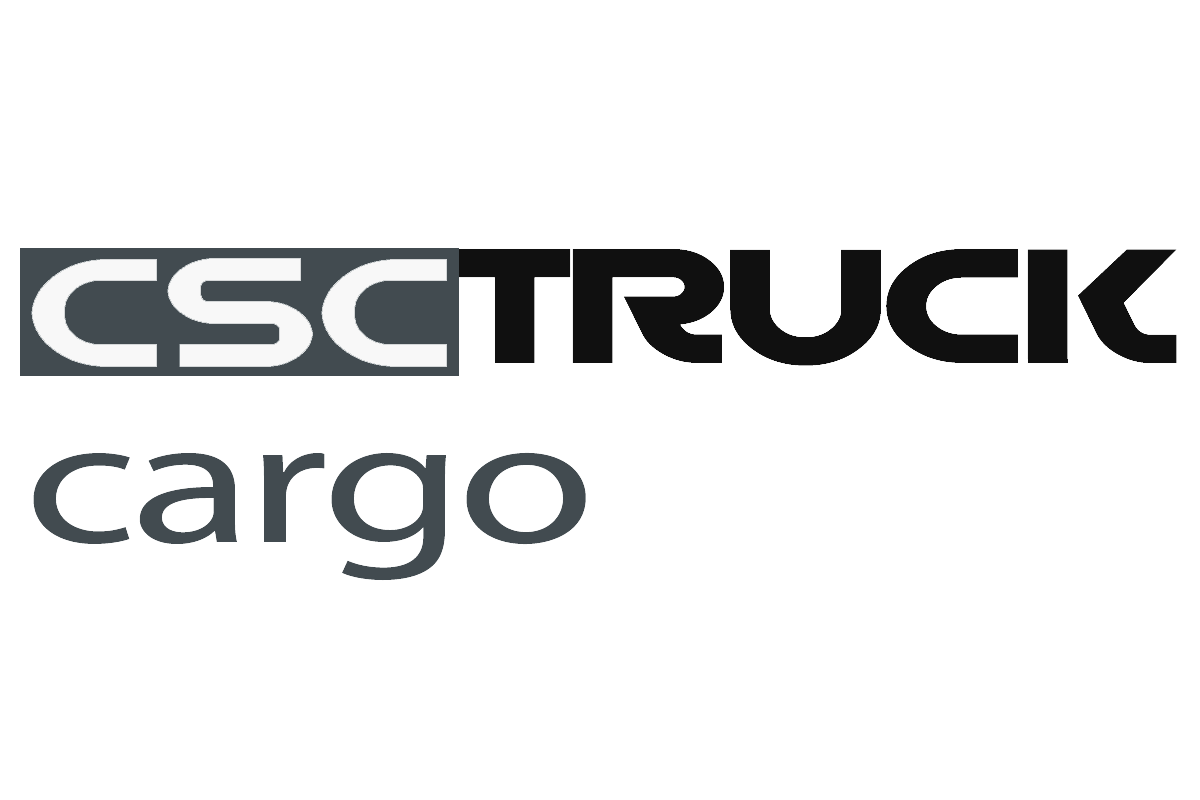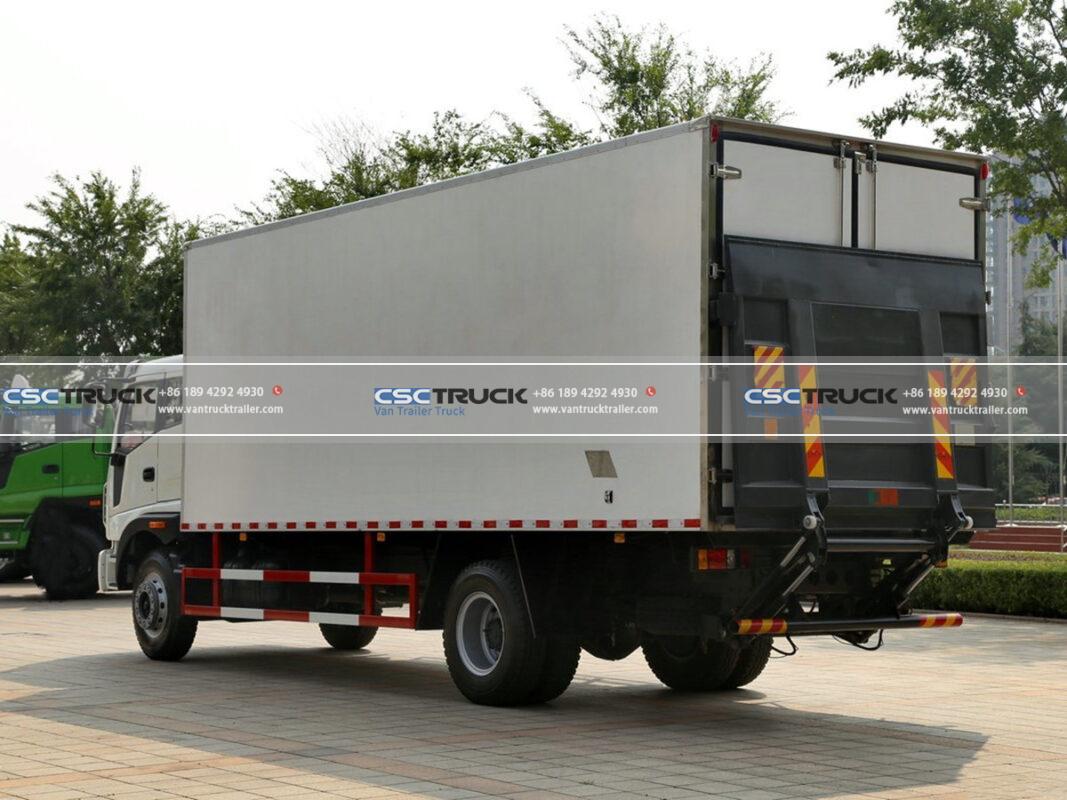1. Transforming Temperature-Sensitive Transport: Fleet Deployment Across Emirates
The UAE has significantly upgraded its cold chain infrastructure with the arrival of 30 advanced refrigerated trucks, designed to ensure the safe and efficient transport of perishable goods across the region’s harsh climatic conditions. Commissioned by the Ministry of Climate Change and Environment, these vehicles will service critical routes between Dubai’s Jebel Ali Port, Abu Dhabi’s Central Market, and remote communities in the Northern Emirates, addressing longstanding gaps in food and pharmaceutical logistics.
Equipped with AI-driven route optimization software, the fleet reduces average delivery times by 25% while maintaining precise temperature control—a vital feature for a nation where summer temperatures regularly exceed 45°C (113°F). This initiative aligns with the UAE’s 2030 Sustainable Cold Chain Strategy, which aims to cut perishable food waste by 40% and strengthen vaccine distribution networks. The trucks’ deployment coincides with new federal regulations mandating real-time temperature monitoring for all chilled cargo, positioning the UAE as a regional leader in cold chain innovation.
2. Engineering Excellence: Cutting-Edge Features for Uncompromising Reliability
At the heart of the new refrigerated trucks lies a patented multi-zone cooling system, capable of maintaining temperatures between -25°C and +15°C (-13°F to +59°F) across separate compartments. This technology ensures simultaneous transport of frozen seafood, fresh produce, and temperature-sensitive pharmaceuticals without cross-contamination—a first for Middle Eastern logistics. The vehicles’ vacuum-insulated panels, tested in collaboration with the Dubai-based International Centre for Biosaline Agriculture, reduce energy consumption by 35% compared to conventional models.
2.1 Solar Integration and Cargo Truck Adaptability
Beyond refrigeration, the trucks feature a modular design that allows swift conversion into standard cargo trucks, enabling cost-effective backhaul operations for non-perishable goods. During trials in Ras Al Khaimah, operators utilized this dual functionality to transport construction materials on return trips from mountain villages, maximizing fleet utilization rates. Hybrid power systems—combining lithium-ion batteries with roof-mounted solar panels—provide 12 hours of backup cooling during grid outages, a critical safeguard for medical shipments.
Advanced telematics track cargo integrity through blockchain-certified logs, automatically notifying recipients if temperature thresholds are breached. This fusion of versatility and accountability redefines expectations for modern cold chain operations, offering a blueprint for arid regions worldwide.
3. Strengthening Regional Trade and Future-Proofing Supply Chains
The fleet’s deployment arrives as the UAE intensifies efforts to become a global hub for temperature-sensitive trade, with Dubai South’s new Pharma Corridor set to handle 60% of MENA-region vaccine shipments by 2026. Local partners, including Emirates Flight Catering and Al Dahra Agriculture, have already integrated the trucks into their logistics networks to enhance farm-to-table freshness for premium exports like camel milk and dates.
Cross-border collaborations are underway, with Oman and Saudi Arabia negotiating shared access to the fleet under the Gulf Cooperation Council’s Food Security Pact. Meanwhile, the trucks’ AI systems collect data on traffic patterns and climate stressors, enabling predictive maintenance that extends vehicle lifespans by up to eight years. This strategic foresight ensures the UAE remains ahead of escalating demand for cold chain solutions, projected to grow 22% annually due to population growth and healthcare expansion.
With driver training programs now operational across seven emirates, the refrigerated trucks symbolize the UAE’s commitment to merging technological ambition with practical infrastructure needs. As the nation prepares to host COP28, this investment underscores a broader vision—where innovation in logistics becomes a cornerstone of both economic resilience and environmental stewardship.

